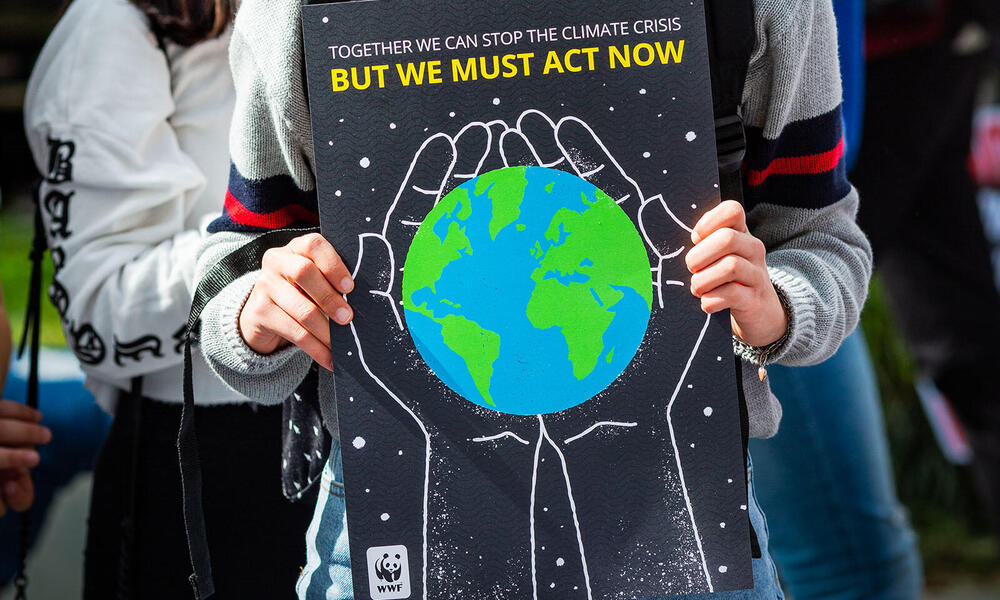The climate crisis grabbed headlines in 2022 both in terms of impacts and solutions, culminating in the international climate talks in Sharm El-Sheikh, Egypt, where we saw some wins and yet still didn’t go far enough to reach our goals.
Pushing policy forward
In 2022, we saw the hard fought but unexpected triumph of the Inflation Reduction Act, signed into law by President Biden in August. This is the most significant climate legislation in a generation, supplying close to $400 billion to promote renewable energy and electric vehicles, boost clean energy manufacturing, and advance climate justice by investing in communities disproportionately harmed by climate change along with leveraging the ecosystems they depend on. By enabling the reduction of a billion tons of carbon dioxide through a combination of avoiding emissions and carbon interventions, the Act will give the US a fighting chance at keeping emissions at a level that would avoid the most catastrophic climate impacts.
Implementation in the corporate community
With its founding role in the Science Based Targets Initiative, a collaboration that helps companies set emission reduction targets in line with climate science, WWF has long been involved with efforts to promote target-setting for the private sector. In 2022, that work was expanded with the creation of science-based net zero targets for landowners through the Forests, Land and Agriculture targets initiative. WWF’s position as a trusted voice advocating for sustainability with the corporate sector also led to the creation of the Climate Business Network, a network of companies looking to share knowledge and discuss obstacles to reaching net-zero climate targets. In the industrial sector, the Renewable Thermal Collaborative released its game-changing Vision Report. The report, created in partnership with the consulting group BCG, provided first-of-its-kind insight into exactly how to achieve quick wins in six different segments of heavy industrial emissions by examining specific industrial processes, their temperature needs, and available technologies.
COP27: International climate talks
WWF was well-represented at the 2022 United Nations Climate Change Conference, or COP27, participating in scores of events, including creating an action center for America Is All In, the largest coalition of non-federal climate leaders in the US. While WWF’s participation was robust and successful, the overall outcomes at COP27 were a mix of successes and frustrations. On a positive note, historically high-emitting countries agreed to a new funding vehicle to address loss and damage in developing countries. On the other hand, there was a general lack of commitment to ambitious mitigation targets. WWF will be in Dubai next year at COP28 to continue to advocate for ambitious climate action at all levels.
